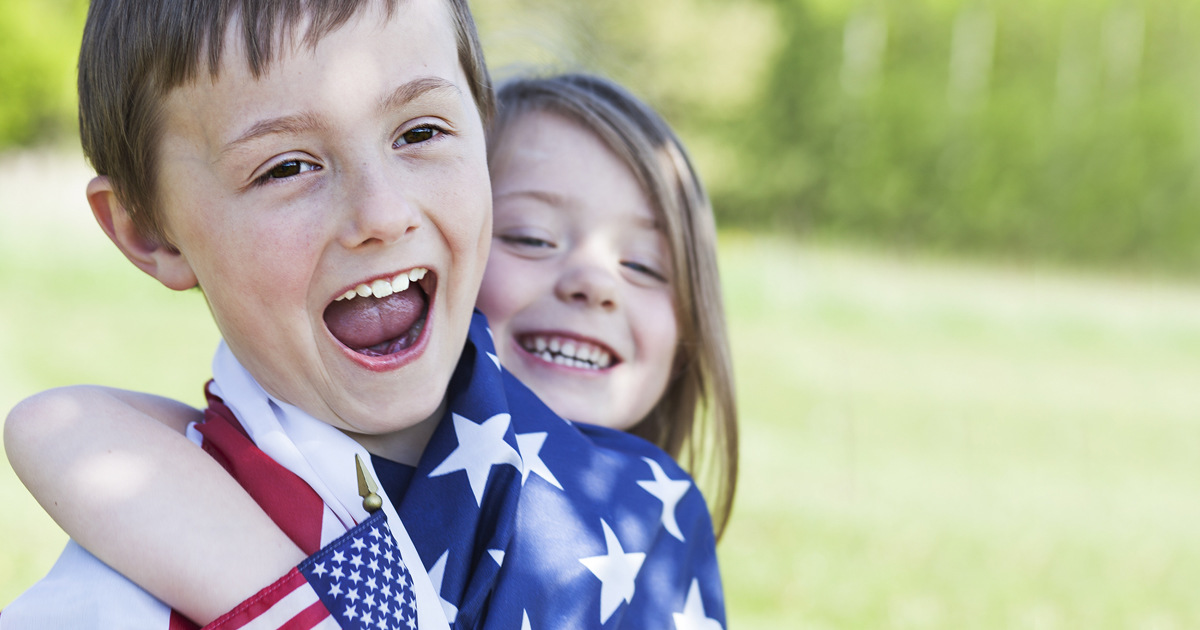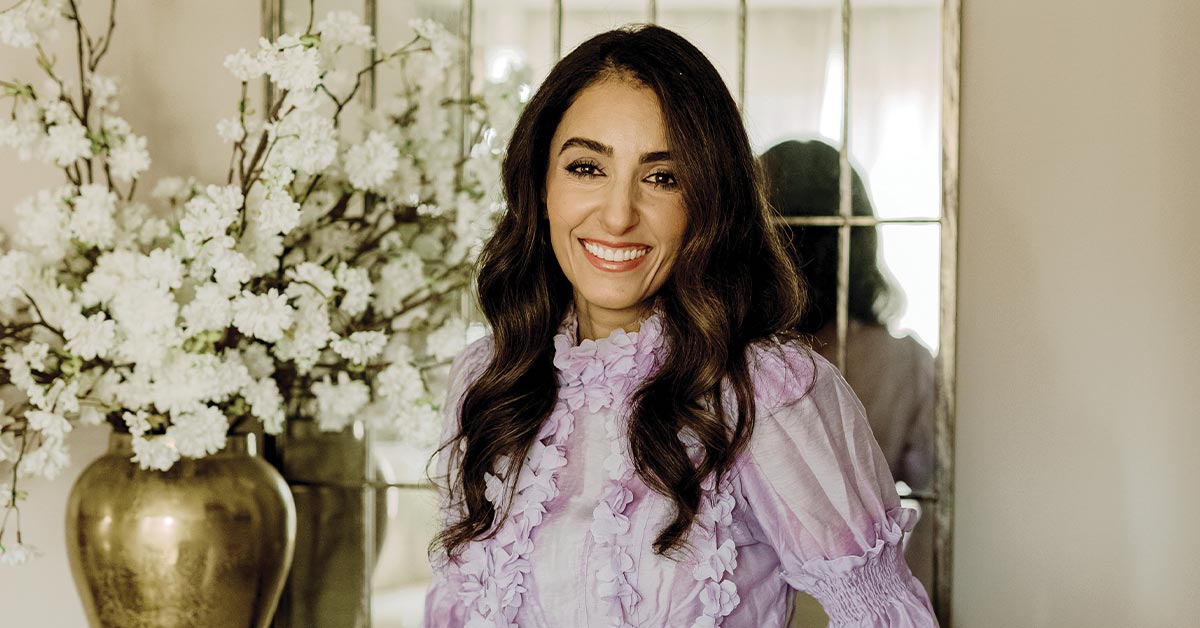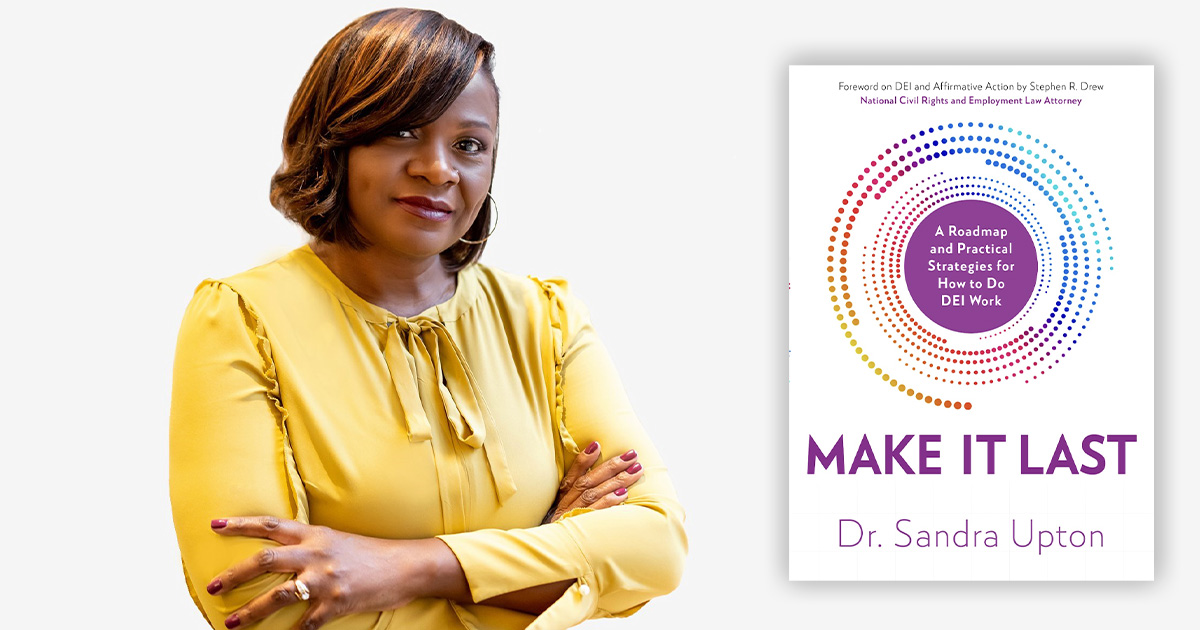"Trevor at school wants Hillary Clinton to win," announced Reed, my 11-year-old son. He shouted from the kitchen,"I told him she's a LIAR!"
"And she has CANKLES!" his 8-year-old brother hollered from the other room.
"Here we go again," I thought. If I had a dollar for every time the presidential election came up with my kids in the past several weeks, I could have afforded to buy bottled wine this week and not the box. On second thought, maybe I needed the box. All this political talk hasn't made all the news, Facebook posts and ads any easier to swallow. And don't even get me started on my husband, who for whatever reason thinks trying to engage me in political conversations at 11 o'clock at night will suddenly sway me to his side of the bed, which is on the RIGHT side, of course. Get it?
Anyway, that's another blog. Let's get back to the kids. I'm not sure why I'm surprised that my kids are interested in talking about the presidential race. Just like us, they've been inundated with news about it. Especially lately, with all the news about protests, e-mail records and little hands. No wonder they're confused and feel the need to talk about it—I'm confused! And looking back on my own childhood, I remember being interested in the presidential elections. In fact, KidsHealth.org asked more than 2,000 kids and teens throughout the U.S. what they thought about recent presidential election and how it might affect them, if at all. A whopping 75 percent of kids and 79 percent of teens answered "yes" when asked whether they thought the outcome of an election would change their lives.
Because I personally am not very interested in politics, I will admit that I have a hard time talking about it with my kids. Between work and managing a household with three busy boys, I tend to brush off their political questions and not take the time to engage them in conversation. This presidential race has been especially difficult, since it feels more like bad reality television and is pretty hard to take seriously. But when I started doing some research on the topic, I realized that I was missing a pretty important part of my role as a parent. Kids do have a natural need to understand politics—and it's my job to provide them with some tools. It also opens the door to discussing issues and how they relate to our family values, and gives them the opportunity to freely express their values.
If you, too, have struggled with discussing politics and the current presidential campaign, here are some of the best tips and advice I found.
1. Start with the basics.
Because kids tend to live day to day, there's a good chance they don't know the ins and outs of our nation's political system. And of course, they don't need all the nitty-gritty details, but giving them some basics can help them better understand the big picture. What is politics? What are the three branches of government? This is also a nice place to start because there is no bias involved; you're simply talking about our history and the current political climate.
2. Introduce the issues.
Kids (and let's face it, adults, too) are drawn to emotional drama—especially during election time. While I personally feel that character is a super important part of choosing an elected official, equally important are the issues and world events that impact our daily lives. Introduce some topics such as healthcare reform, education, immigration, et cetera. Openly share your opinions, but make it clear they have permission to have their own, too. When kids share freely, they begin to understand that they can set their own foundation. If you find that you butt heads on something, use this as an opportunity to model how to disagree with someone while still being respectful.
3. Keep things age-appropriate.
Experts suggest that you can start talking to kids about politics as early as preschool. Dr. Ludwig, Psy.D., Common Sense Media, said, "A 4-year-old will still think the world revolves around her and will tend to understand what she knows and what she has experienced. For example, she might understand that presidents are like parents for the country—they try to make decisions that will help the country be the best that it can be."
As kids advance through the grades, the scholastic environment helps them develop more abstract thinking. "A second-grader may understand the notion of winning a competition and certain people over others being chosen for a particular job. Just remember, developmental milestones with kids are somewhat variable," Dr. Ludwig said. If a child isn't interested, teach the facts—but there's no need to push an agenda. "You can't force a child to be interested in a subject. But a parent can expose that child to information and engage her in discussions." And after all, if parents are interested in a subject, their kids often get curious about what all the talk is about.
4. Be on the same page with your partner.
Even if you and your spouse don't see eye to eye on all the issues and candidates, it's still important to set some boundaries as to how you communicate about it in front of your kids, as well as what you say about the candidates. Your kids will model your behavior and recite to others the things they hear you say.
5. Addressing the candidates' bad behavior.
It's been really hard to avoid the news of name-calling and the antics that seem to have become a daily campaign trail occurrence. This, for me, is especially difficult. How can I tell my kids to play nice on the playground when candidates are calling each other names and some of their rallies have turned violent? But we can't ignore what they will see. Experts suggest using this as an opportunity to talk about behavior and making good choices. Again, ask their opinions about what they are seeing. Ask them how would they handle violence if they were there.
I hope these tips will help you better engage in conversations with your kids about politics. Do you have any advice to share? Let's hear it!
Written by Jill Carroll, a West Michigan Woman marketing manager and mom of three from Cannonsburg, Michigan.




